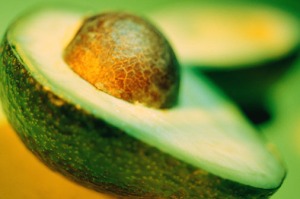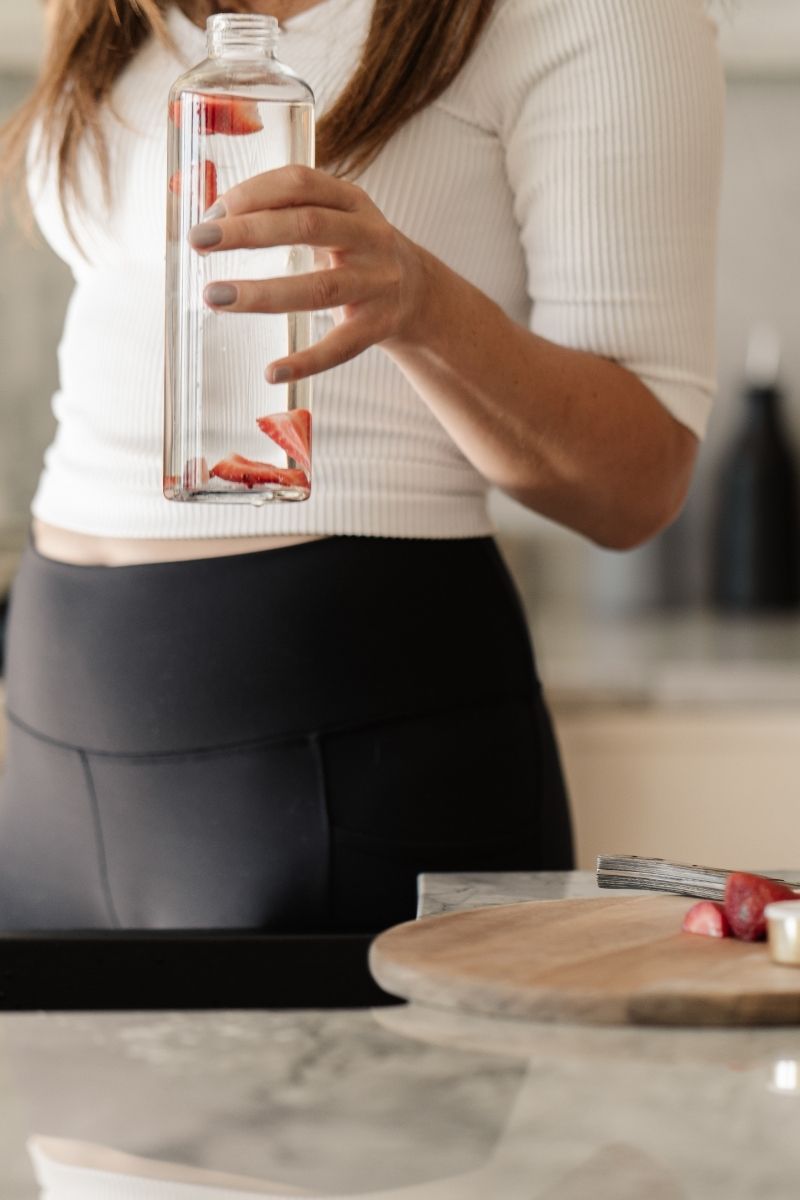 In the short term, inflammation is not a problem. It’s the body’s normal response to injury, and it’s a healing response. It’s also part of our immune system, and how we fight infection. But when inflammation doesn’t shut off like it should, and becomes chronic? That’s a problem.
In the short term, inflammation is not a problem. It’s the body’s normal response to injury, and it’s a healing response. It’s also part of our immune system, and how we fight infection. But when inflammation doesn’t shut off like it should, and becomes chronic? That’s a problem.
Why inflammation is bad for you
We’re not talking about the kind of swelling that occurs with an ankle sprain, here. No. We’re talking about the process that, increasingly, is turning up as the culprit in a plethora of serious diseases that you just don’t want: heart disease, cancer, Alzheimer’s, and autoimmune diseases like lupus and rheumatoid arthritis. This kind of smoldering inflammation occurs without our awareness. It leads a stealth attack on our own tissues and organs. It produces a cascade of chemicals (like prostaglandins) that seethe throughout our bodies. And unless we take steps to stop that inflammation, we’re going to end up aging faster and falling prey to chronic disease.
So, what to do?
Dear Inflammation: Your services will no longer be required
The good news is that you can modify your body’s own inflammatory reaction. Start here: with an anti-inflammatory diet. This is not a diet, per se, in that you’re aiming to lose weight (although you may find that happens naturally). This is a diet to help you improve your health.
Eat Less or Eliminate:
- Saturated fat (bacon, steak, butter, cream, etc) These increase prostaglandins, inflammatory chemicals in the body
- Vegetable oils that contain omega 6 fatty acids: eg. corn, sunflower, safflower oil (they also increase prostaglandins)
- Hydrogenated fats (margarine, vegetable shortening, and anything made with these)
- Processed food, junk food, fast food
- Highly refined food (eg. white sugar, white flour)
- Nitrites (in hot dogs, some cold cuts, sausages)
Eat More:
- Whole foods
- Monounsaturated fat: Olive oil, most importantly
- Nuts & seeds
- Omega 3 fatty acids (cold water fish like salmon, herring, sardines; omega-3 fortified eggs; walnuts; flaxseed)
- Vegetable protein, beans and soybeans in particular
- Plenty of fruits & vegetables, with lots of colors: esp dark leafy greens (spinach, broccoli), tomatoes, berries, avocados
- Green tea
- Red wine
- Small amounts of dark chocolate
- Herbs & spices: ginger, oregano, turmeric
Truth be told, there’s a lot of crossover in this diet with the Mediterranean diet. No coincidence, there. People in the Mediterranean just so happen to have lower rates of many of the chronic diseases we’re trying to avoid, like heart disease and rheumatoid arthritis.
If you liked this article, you also might be interested in reading:
- All About Omega-3
- 50 Ways to Deal with Stress (stress management is a crucial part of an anti-inflammatory lifestyle)
- Trouble Sleeping, Princess? (ditto getting good sleep)
- Secret Benefits of Wine
Looking for more information on the anti-inflammatory diet? Check out the good Dr. Andrew Weil’s Anti-Inflammatory Food Pyramid here. (Most excellent.)






